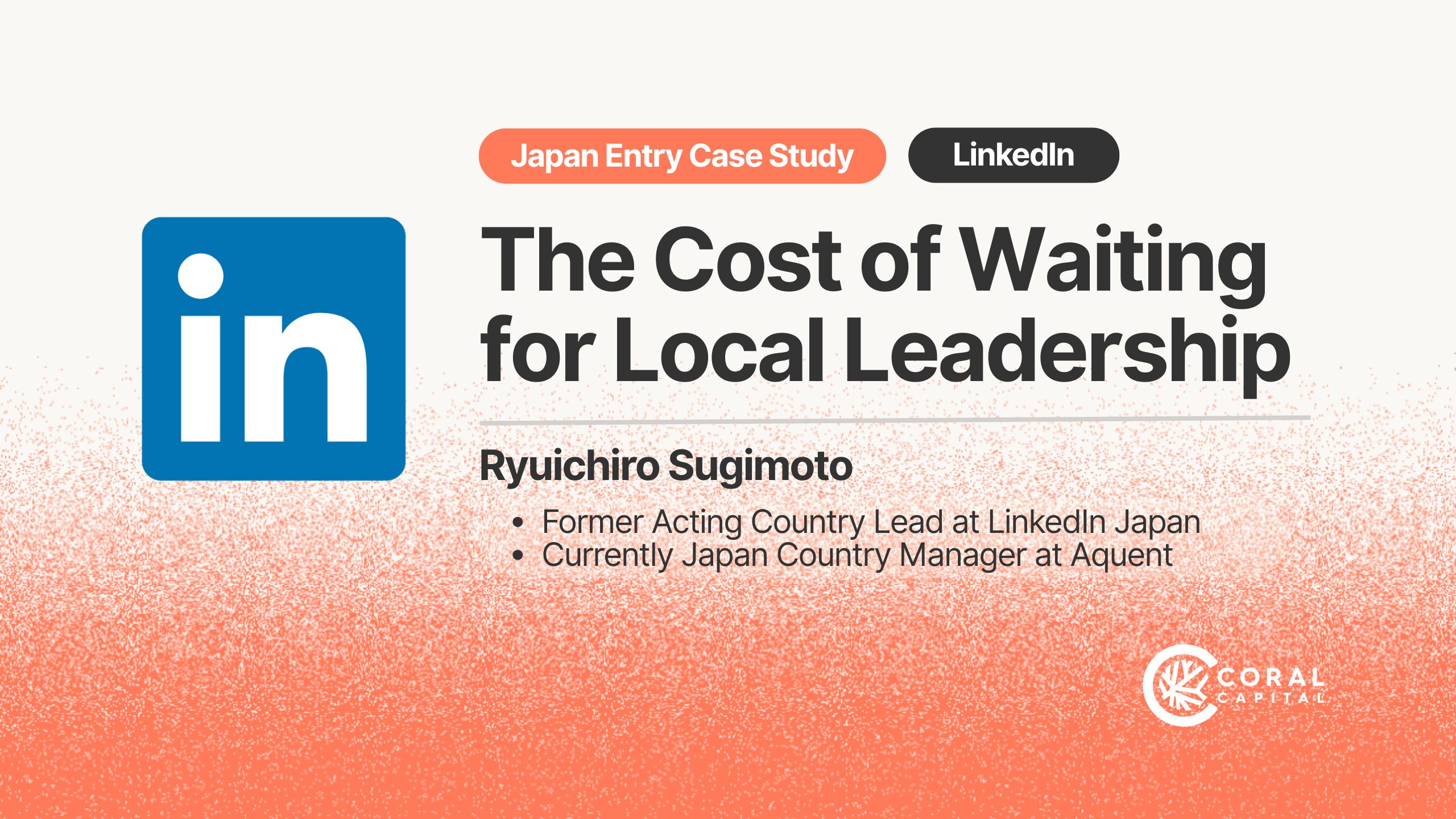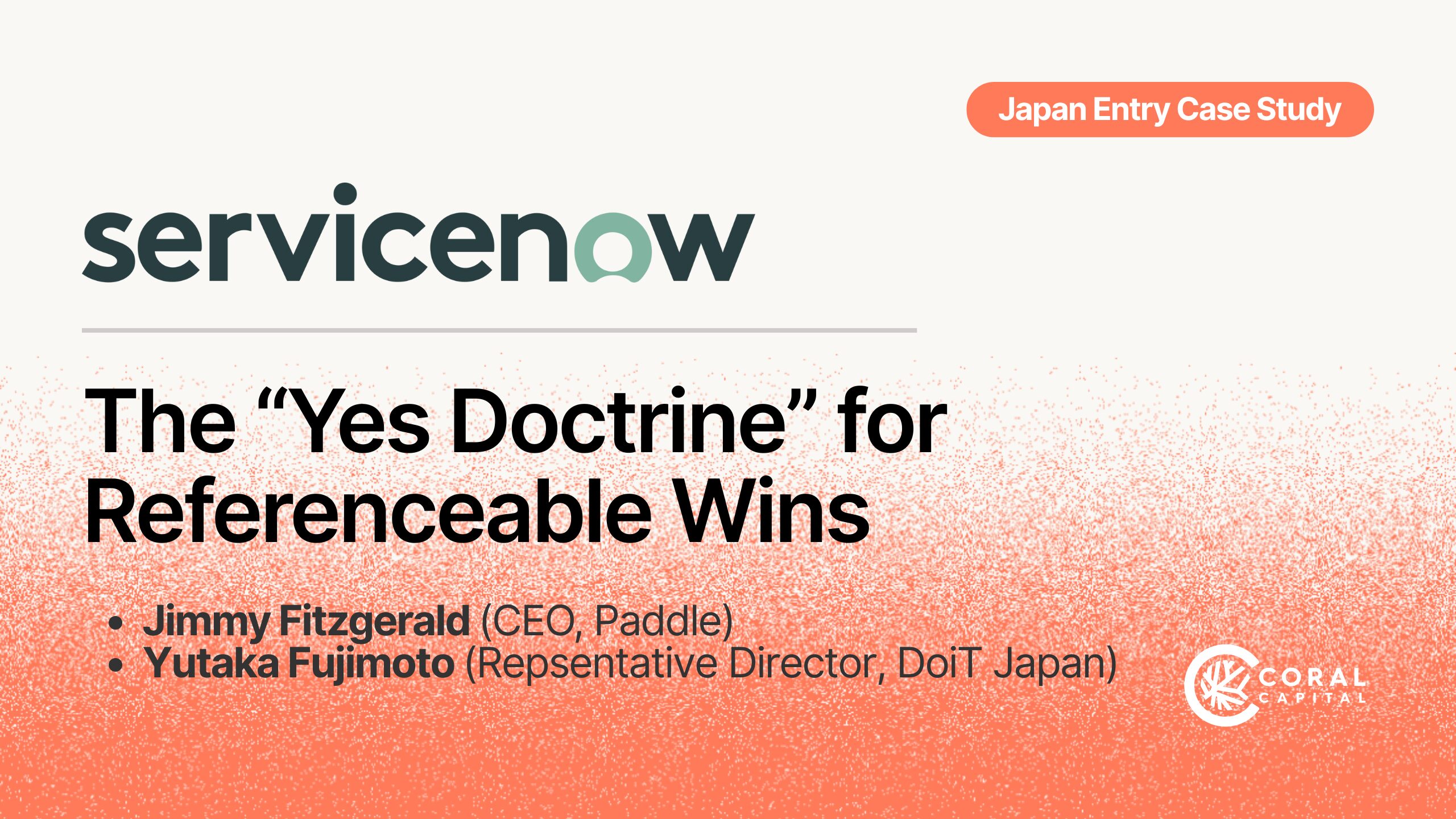WeWork’s downfall in 2019 sent a ripple effect throughout the global startup ecosystem. As in the classic tale of the Emperor’s New Clothes, the problems with WeWork and other startups always existed. However, it wasn’t until the details were exposed to the masses in an IPO filing that the issues could no longer go unnoticed. The 2010s were an era of abundant capital, with the Vision Fund as a symbol of excess. There is no doubt that a lot of great companies were born thanks to this era. However, a rising tide lifts all boats. It was inevitable that the WeWorks of the world would also get backed.
Ever since the WeWork debacle, the change in investor sentiment is palpable. You know something has changed when there is a surge in tweets from Silicon Valley players talking about unit economics and cash flow (half-joking). Both institutional and corporate investors that we’ve spoken to have also become understandably more conservative, looking for guidance on what to make of all the issues coming to light. And founders have begun asking more questions about how this might affect their next fundraise.
With regards to Japan, the first thing to note is that Softbank’s Vision Fund hasn’t been a player in the domestic market. So absurd valuations and excessive spending have been less rampant in Japan. However, corporate investors have driven some of the frothy valuations, and some companies that raised at aggressive prices have faced more challenges with their next round. As the sentiment shifts and some of these corporations become more conservative, it may be harder for startups to access corporate capital.
On the other hand, a lot of the local VCs have successfully raised news funds and therefore need to invest that capital over the next 2-3 years. While startup investment is a secondary business for corporates, it is a primary business for VCs. So they will deploy that capital until they need to raise new funds again. In Japan, note that most of the capital that VCs raise is from corporations. So ultimately, the sentiment of corporate investors will affect Japan VC activity when these firms need to raise their next funds. But there will be a 2-3 year time lag before any dramatic shifts.
If you are a founder, this may be a good time to reassess the financial health of your company. Perhaps you have a customer profile that costs too much to acquire or maintain. You may want to focus less on those. Or perhaps your payback period is too long. You may want to rethink your pricing or charge more upfront. Anything you can do to improve cash flow and become less dependent on investors might be helpful to consider. As Bill Gurley recently tweeted, “the old adage is true, ‘the startup that sells $1 for $0.85’ will have record setting growth.” That type of growth will be unsustainable when capital dries up.
The great companies will still get funded. The good companies likely will too. The other companies will face significantly more challenges, but that is healthy.






